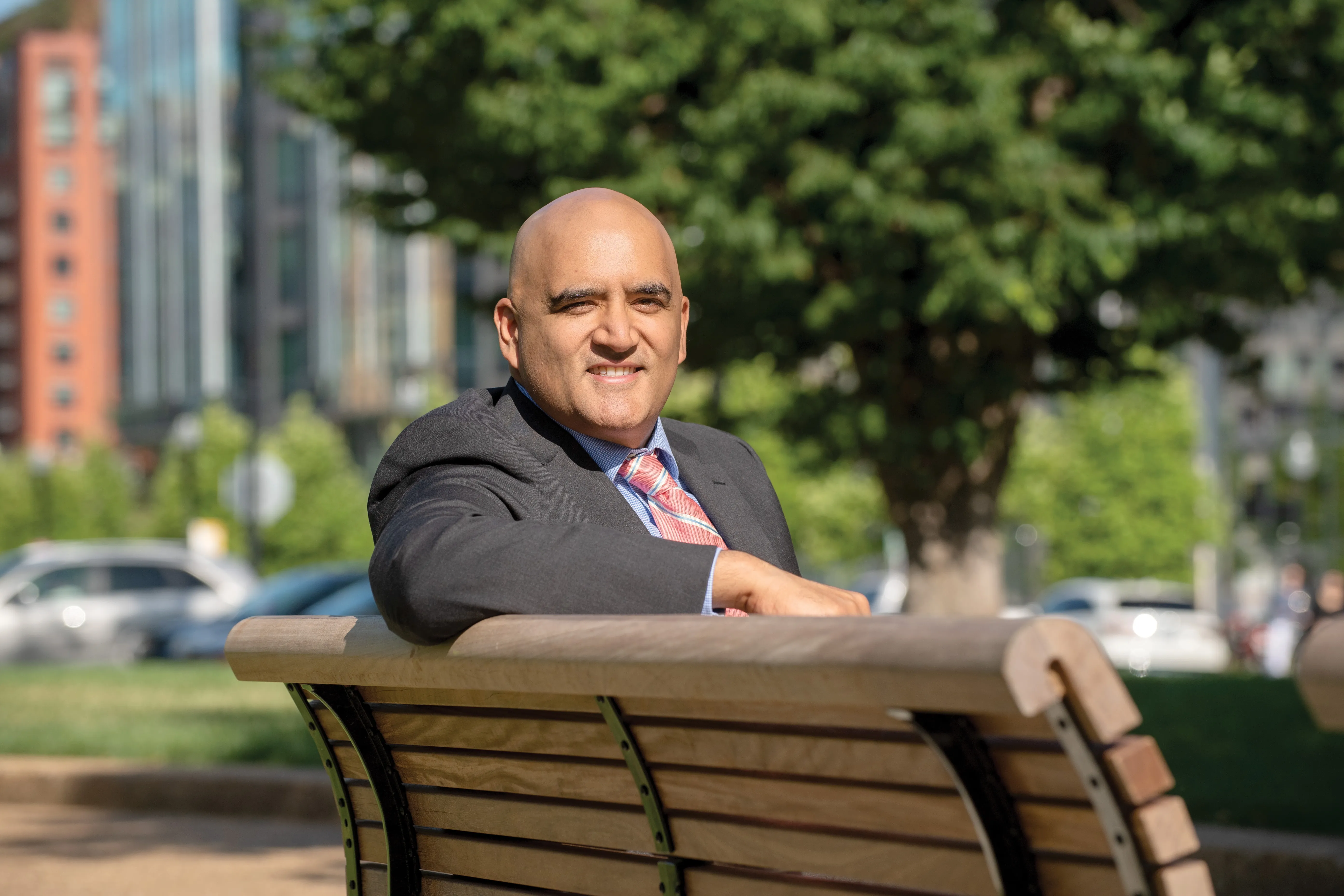Tolling agencies from six US states have committed to start using the Alliance for Toll Interoperability’s (ATI’s) hub service. These include the Central Texas Mobility Authority, the Northwest Parkway in Colorado as well as members of the California Toll Operators Committee and agencies in three other – currently unnamed states.
ATI members capturing details of vehicles using their toll roads that are not registered on their own system can send details to the hub. The alliance holds registration plate a
October 20, 2014
Read time: 2 mins
Tolling agencies from six US states have committed to start using the Alliance for Toll Interoperability’s (ATI’s) hub service. These include the Central Texas Mobility Authority, the Northwest Parkway in Colorado as well as members of the California Toll Operators Committee and agencies in three other – currently unnamed states.
ATI members capturing details of vehicles using their toll roads that are not registered on their own system can send details to the hub. The alliance holds registration plate and tag details of all its active member’s toll customers and can search the database for a match with any unresolved vehicles.
If a vehicle is found to be registered to a customer of another active ATI member, the toll cost is passed on to that member to be included in the customer’s next bill.
ATI president JJ Eden said: “Collecting transactions from toll account holders across state lines currently requires cross-state enforcement legislation – and that’s not been passed in all states. Using the hub, it’ll simply be a matter of passing a licence plate capture to the vehicle’s home state and reconciling against the owner’s existing account.”
Initially he said the cost for successfully tracing and passing on a toll charge to a second member will be around nine cents per transaction but he expects this to fall to below four cents as volumes increase. Currently ATI has 43 toll road operators from the US and Canada as members although not all have yet committed to use the hub service.
ATI members capturing details of vehicles using their toll roads that are not registered on their own system can send details to the hub. The alliance holds registration plate and tag details of all its active member’s toll customers and can search the database for a match with any unresolved vehicles.
If a vehicle is found to be registered to a customer of another active ATI member, the toll cost is passed on to that member to be included in the customer’s next bill.
ATI president JJ Eden said: “Collecting transactions from toll account holders across state lines currently requires cross-state enforcement legislation – and that’s not been passed in all states. Using the hub, it’ll simply be a matter of passing a licence plate capture to the vehicle’s home state and reconciling against the owner’s existing account.”
Initially he said the cost for successfully tracing and passing on a toll charge to a second member will be around nine cents per transaction but he expects this to fall to below four cents as volumes increase. Currently ATI has 43 toll road operators from the US and Canada as members although not all have yet committed to use the hub service.










